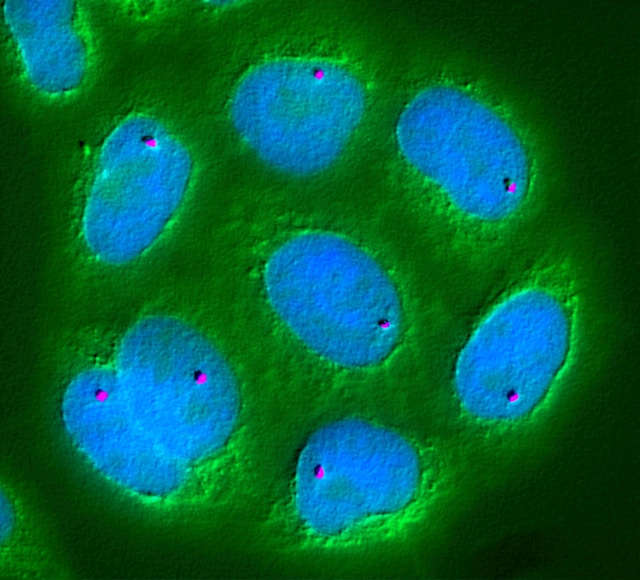May 14-20 is Food Allergy Awareness Week, which brings to light the 32 million Americans suffering with food allergies. However, biotechnology can help reduce or eliminate these allergies that range from mild to life threatening.
Biotech targets the root of allergies
In October 2021, the Biotechnology Innovation Organization (BIO) released an episode of I am BIO called “Escaping the Food Allergy Prison.” Guests on the show included cutting-edge researchers, such as Sachin Rustgi from Clemson University, seeking to enhance the safety of foods for individuals with food sensitivities and allergies.
The goal is to find ways to make these proteins more easily processed or remove them altogether from the foods we eat. One way to do this is by using traditional breeding methods or genetic-engineering techniques like mutagenesis, gene editing, and Clustered Regularly Interspaced Short Palindromic Repeats (CRISPR), which is the hallmark of a bacterial defense system that forms the basis for CRISPR-Cas9 genome-editing technology.
Researchers are also looking for natural sources of grains that don’t contain these problematic proteins, and they’ve noticed that grains from certain regions tend to be less toxic.
Genetically modified anti-allergy crops
Anti-allergy biotech crops are the next step to finding a solution. The International Service for the Acquisition of Agri-biotech Applications (ISAAA) released a study in 2017 outlining the creation of anti-allergy biotech crops. The studies focused on wheat, peanuts, and tomatoes, which proves there is room for biotech in the solution.
An international team of researchers focused on developing a new type of wheat with less gluten to provide a safer option for people with celiac disease. By suppressing the enzyme required to produce gluten in wheat, genetically modified (GM) plants were created with 76.4% less gluten in their seeds. This breakthrough could potentially enable individuals with celiac disease to consume wheat products without adverse effects.
RNA interference reduces allergen proteins
Additionally, the ISAAA report describes how scientists are utilizing genetic engineering to decrease peanut allergies. By using RNA interference or gene silencing, researchers successfully removed the Ara h 2 protein, the allergen found in peanuts, from transgenic peanut seeds.
To evaluate the effectiveness of the transgenic peanut seeds, the allergenicity was tested using sera from individuals with peanut allergies. The results showed a significant decrease in the antibody binding capacity of transgenic seeds compared to the wild type.

RNAi technology was also used to produce hypo-allergenic Elstar apples by reducing the expression of the allergen Malus domestica 1 (Mal d 1). And in Japan, anti-allergy genetically modified rice was commercialized in 2007, which expresses modified cedar pollen allergens to trigger mucosal immune tolerance to cedar pollen allergens.
No GM crops have been reported to cause allergic reactions due to rigorous monitoring conducted in all phases of GM crop development.
Biotechnology provides a solution to allergy problems by enabling the development of allergen-free or hypoallergenic food crops, which can bring relief and address malnutrition, especially in developing countries.




